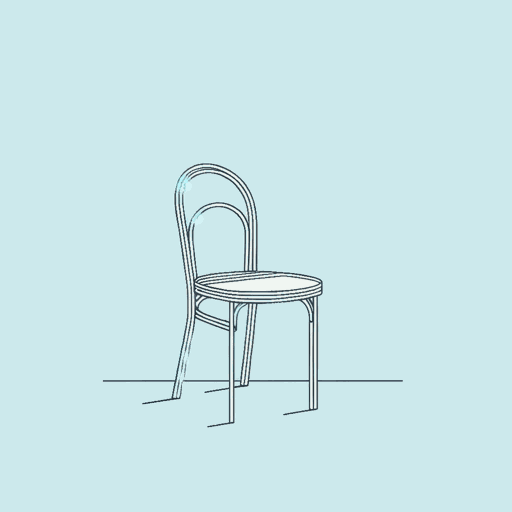75 pages • 2 hours read
Joan DidionSlouching Towards Bethlehem
Nonfiction | Essay Collection | Adult | Published in 1968A modern alternative to SparkNotes and CliffsNotes, SuperSummary offers high-quality Study Guides with detailed chapter summaries and analysis of major themes, characters, and more.
Summary and Study Guide
Overview
Slouching Towards Bethlehem is Joan Didion’s 1968 collection of essays that document her experiences living in California from 1961 to 1967. It is her first collection of nonfiction (many of the pieces originally appeared in The Saturday Evening Post) and is hailed as a seminal document of culture and counterculture in 1960s California. Didion’s style was part of what Tom Wolfe called “New Journalism,” which emphasized the search for meaning over the reporting of facts and employed literary modes that were uncommon in journalism at the time.
Summary
The collection is divided into three sections: “Life Styles in the Golden Land,” “Personals,” and “Seven Places of the Mind,” with the essays in each section centered around a common topic or theme. The essays in “Life Styles in the Golden Land” are examples of Didion’s New Journalism style of writing and document various groups, individuals, and cultural phenomena in California and the American Southwest. “Personals” contains several essays that outline various some of Didion’s philosophies and perspectives. “Seven Places of the Mind” has essays that document the relationship between a place and its people, including Didion herself. Nearly all of the essays in the book originated as magazine pieces, and many of them are concerned with the relationship between the American ideal, the people who embody it and reject it, and what Didion sees as a looming crisis of identity in America.
The essay “Some Dreamers of the Golden Dream” follows—through research, interviews, and media coverage—the trial and conviction of Lucille Miller, a housewife who is accused of staging her husband’s accidental death. “John Wayne: A Love Song” follows the actor on his first film set after suffering a bout of cancer and tries to reconcile the man with the image he’s built over his film career. “Where the Kissing Never Stops” has Didion following Joan Baez at her Institute for the Study of Nonviolence, which was a cultural flash point in California during the 60s. Several smaller essays follow that document Michael Laski (a radical Communist figure), Howard Hughes, the Center for the Study of Democratic Institutions, and the rising Las Vegas wedding scene—each of these attempts to reconcile the image that Americans held at the time with the real figures at the center of them. The final essay, “Slouching Towards Bethlehem,” is a long, mosaic portrait of the Haight Street counterculture scene in San Francisco, which Didion paints as a sign of a larger trend toward the unraveling of the social fabric of America.
“On Keeping a Notebook” looks at Didion’s lifelong habit to see what value there is in the act, determining that it’s more of a way to access the self than it is a valuable tool for writing. “On Self-Respect” returns to Didion’s journal-keeping as she argues against her younger self and for self-respect as a means of finding personal freedom. In “On Morality,” Didion argues against the moral superiority she sees in 1960s culture, advocating instead for a more specific, wagon-train type of morality that she’s witnessed out in the desert as the only morality worth holding on to. “On Going Home” sees Didion contemplating her changing relationship with her family and her home of Sacramento.
“Notes From a Native Daughter” continues that thread, as Didion tracks the changing nature of the California’s Central Valley and wonders if the past she seeks to preserve is one that only exists in her mind. “Letter from Paradise, 21° 19’ N., 157° 52’ W.” documents a similar generational shift in Hawaii and how the attack on Pearl Harbor opened up the islands to change and the beginning of the end for the oligarchical economy that existed there. Brief sketches of Alcatraz, the mansions at Newport, Rhode Island, and Guaymas, Sonora all look at the relationship between Didion’s sense of a place and its cultural reputation. “Los Angeles Notebook” contains several sections, each of which document a facet of living in Los Angeles, including the effect of the Santa Ana winds, late-night radio shows, and Hollywood parties. The closing essay of the book, “Goodbye to All That,” is about Didion’s time as a young woman in New York, concluding that she stayed too long, which caused a deep despair until she was able to relocate to California, which she now calls home.
In each of the essays in this collection, Didion writes as a sharp observer who is able to see connections that are obscure to others, including the relationship between person and place, the way cultural myths are built atop bleaker realities, and how systems of cultural belief shape the individual.
Related Titles
By Joan Didion






